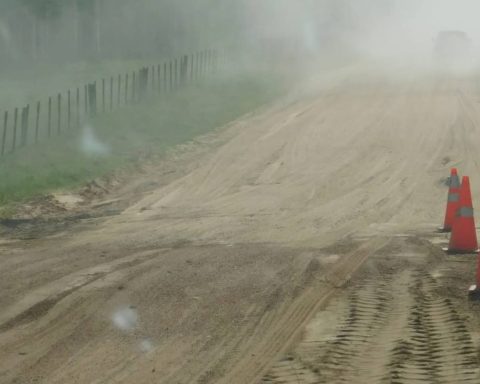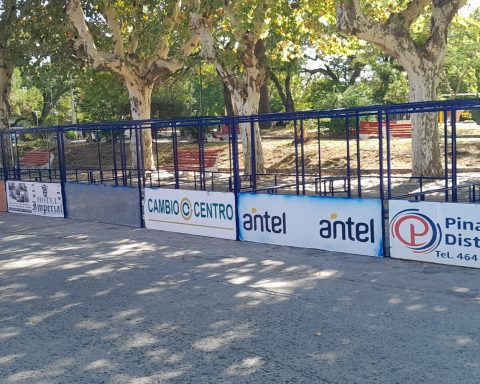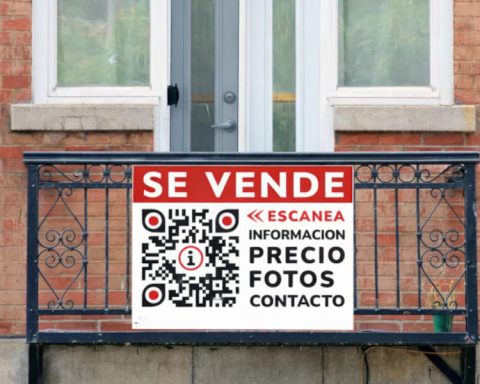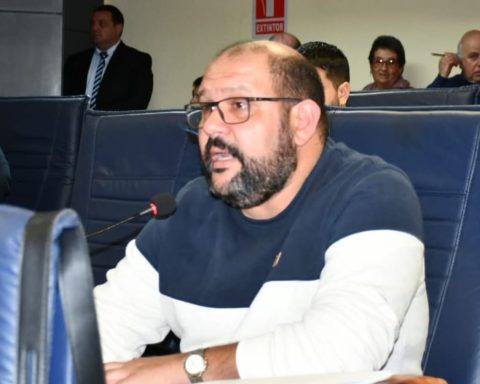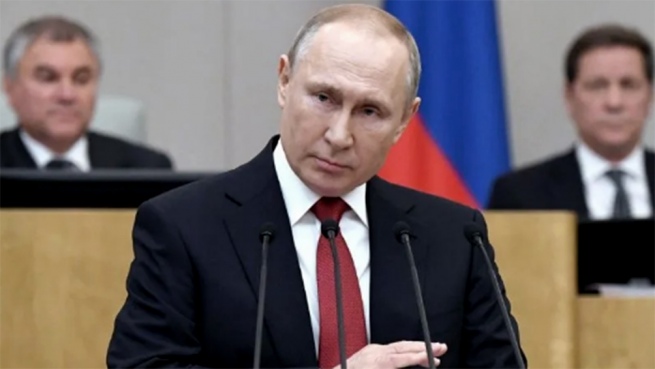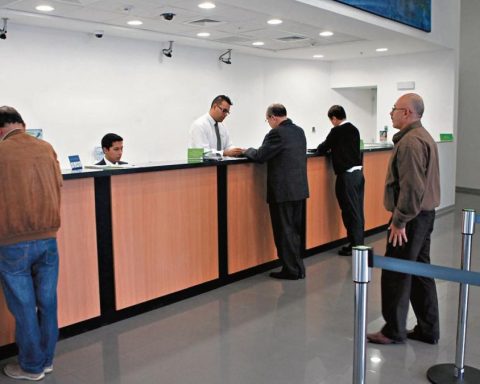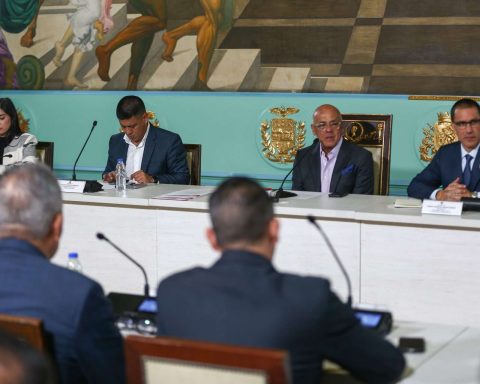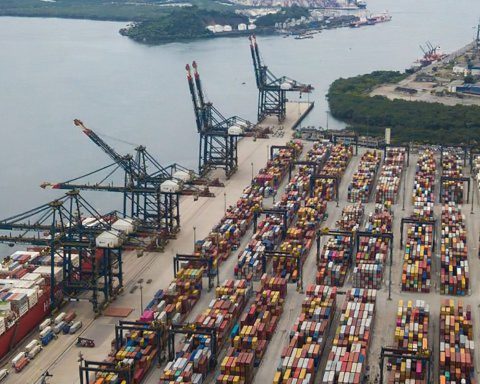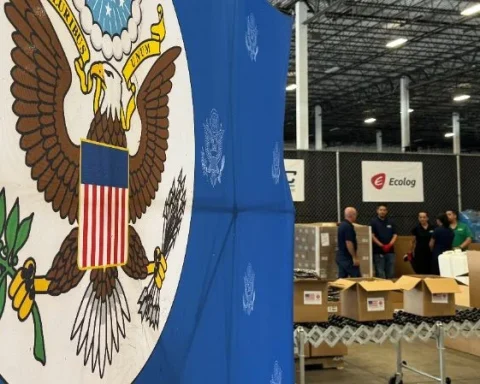Yesterday five years were commemorated in which the first pharmacy that sold legal marijuana opened and with the anniversary have come the proposals to modify the law that regulated the sale of this drug.
It was on July 19, 2017 when the Antártida pharmacy opened its doors and found a long line of people waiting to buy state marijuana (as it was called). Through a registry, it was already possible to access a product, which was grown and packaged by private individuals, but under State control.
Uruguay thus became a pioneer country in the legalization of this drug, with the addition that the State had a share in the business. From abroad, many international organizations criticized the decision adopted by the majority of the Uruguayan parliament, who on December 10, 2013 voted the regulations that allowed its commercialization. Uruguay maintained for marijuana and maintains for other drugs a curious situation at the global level: the consumption of drugs is not illegal, the sale or supply is. And in the case of marijuana it was and is even more confusing: you could have a plant in your house, which was illegal, but smoking what the plant produced was legal. In other words, you could be arrested (and still can be if you are not registered) for having marijuana plants, but you cannot be arrested for smoking what the plant produces.
The law sought to clarify this situation a little more, and came out with the votes of the Broad Front, but did not have the support of the opposition. The current president, Luis Lacalle Pou, criticized the law in part because it was restrictive, in the sense that the rule states that you can have more than five marijuana plants in a house, and at that time Lacalle asked his fellow legislators why not more or less.
the passage of time
Five years after the first state marijuana event, the National Drug Board reported that there are currently 28 pharmacies that sell the product, which are not enough to meet their customers. There are even departments where there are no pharmacies that sell it. It is estimated that 40% of the marijuana smoked in Uruguay comes from pharmacies, cannabis clubs or registered private plantations.
The pharmacies, in turn, encountered the stumbling block that international and national financial institutions do not want to work with them for selling marijuana. Although in this business, as in so many others, the size and the flag seem to matter. Canada where the purchase of cannabis is also legal, you can pay in stores with a credit card and the banks do not put any objection as in some US states.
repeal the law
The commemoration of the five years of the first sale of state marijuana led the deputy of the Cabildo Abierto, Álvaro Perrone, to indicate that he will propose that an article be included in the Rendering of Accounts to repeal the entire law. The leader of CA, senator Guido Manini Ríos maintained that “any instance is good to discuss the subject. We believe that there has been an increase in drug use in the country, that the perception of the harm that this causes has decreased and we believe that it is not good that the feeling continues to spread that it is not as harmful as it really is. ”. Speaking to Radio Montecarlo, he recalled that CA is not “in agreement with recreational cannabis.” At the same time, he called for a very active campaign “to make our young people aware of the irreversible damage caused by cannabis use and the social problem it is generating, starting with the family itself.”
On the other hand, voices from the National Party also joined. Deputy Álvaro Dastugue said that “none of the objectives of the law was fulfilled.”
“It is a law that the only thing that has lowered the perception of risk and lower the age of onset of consumption in children, adolescents and young people,” said the deputy to 930 Universal radio. He announced that after the Rendering of Accounts he will present a proposal to his party to modify this law. “It is more than reasonable that we review and evaluate the law and propose changes. Regarding the Cabildo Abierto proposal to repeal the entire law, he said “we have to be careful, but I never agreed with the law but it has been scaffolding for five years and we must see how we limit how harmful cannabis regulation has been.”
“We are not going to end drugs”
The general secretary of the National Drug Secretariat and member of the Institute for the Regulation of Cannabis (IRCA), Daniel Radío, maintained that “those things that politicians do in presidential debates or in electoral campaigns of using drugs as a throwing weapon and promising that they have the solution to drug problems is a lie, because we are not going to end drugs». Interviewed by En Perspectiva (Radiomundo) he limited “I’m not going to tell lies, there will continue to be drugs in the world and also in Uruguay, as far as my eyes can see the horizon” and said “I don’t think that Senator Guido Manini Ríos tells falsehoods, I think he has the wrong perspective.
“Regarding the advertising campaign, I think it has to be done,” he said, because “the law expressly says that we have to do advertising campaigns.” But he clarifies that he does not have the resources to do it. “I invite you to watch on YouTube the world of campaigns that have been in history” and recalled Maradona’s: “It seems that many results he did not even give himself and that happens with many more campaigns,” he said ironically.

